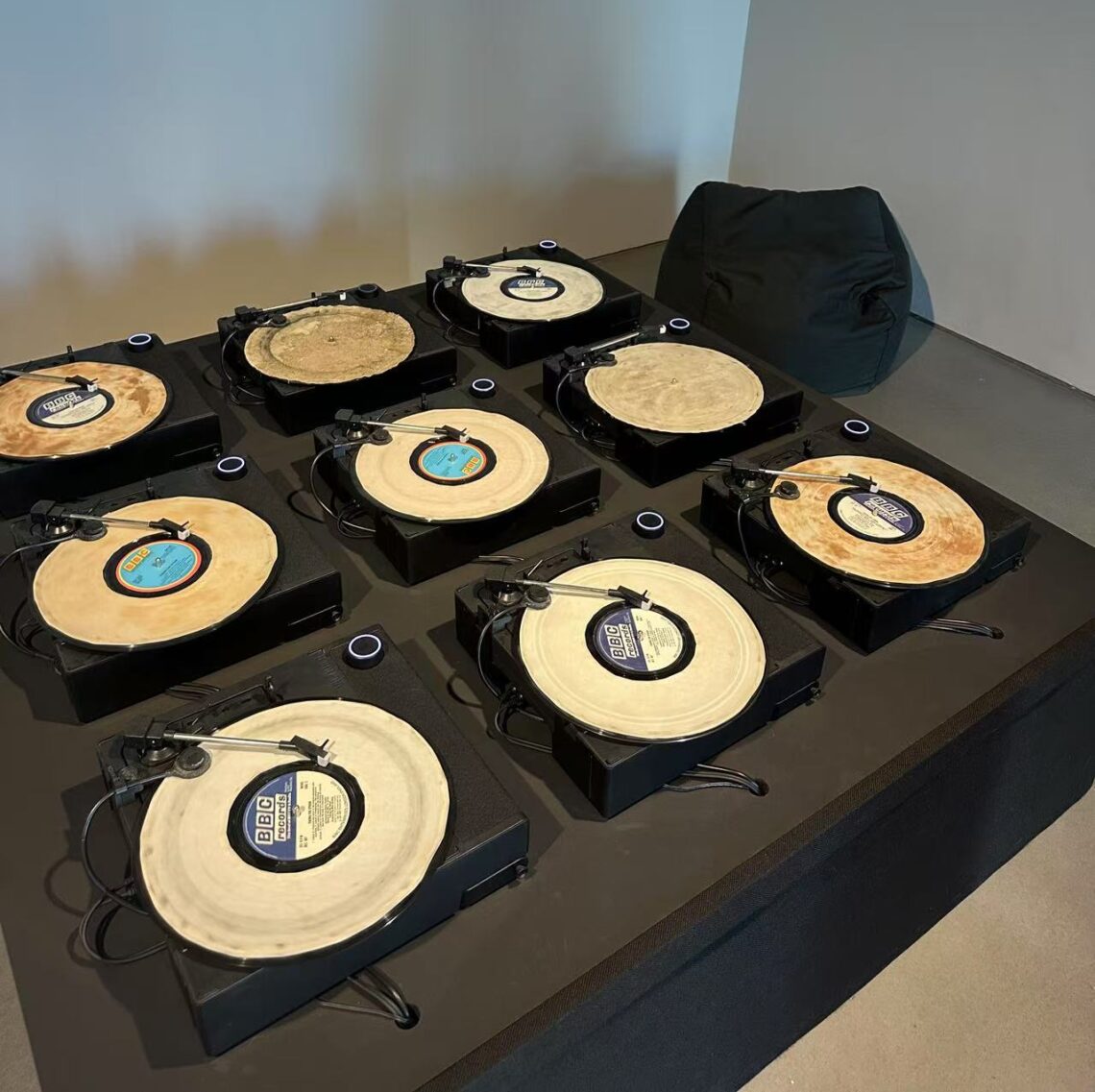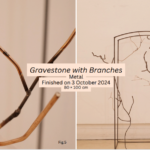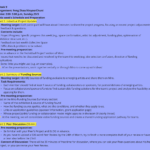Part 1: Reconstructing Curatorial Logic Within a £10,000 Budget Limit
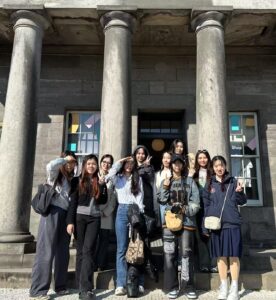
This week, following the curatorial timeline and task list created by our own working group (rather than a classroom mandate), we focused on building a practical budget model for our exhibitions. By collaborating and sharing cost estimation strategies, we mapped out key spending categories including venue rental, transportation, design support, VR equipment, and more.
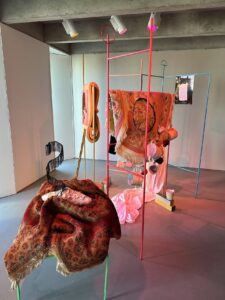
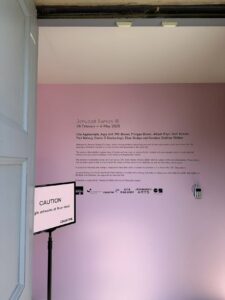
For my personal exhibition project Vanishing Existence, I revised the original £17,000 budget and successfully reduced it to under £9,000 while preserving one of the core experiential elements: the VR module. Instead of removing it, I adjusted auxiliary costs, such as reducing the tea break budget and simplifying the printing plan.
Here is the updated budget breakdown:
| Item | Cost (£) |
|---|---|
| Venue rental (2 weeks) | £2,000 |
| Exhibition design & technical support | £1,200 |
| VR and projection equipment rental | £2,000 |
| Transport & insurance of artworks | £1,000 |
| Advertising and printing materials | £600 |
| Opening tea break | £150 |
| Workshop materials & guest speaker fee | £800 |
| Volunteer support | £300 |
| Emergency fund | £900 |
| Total | £8,950 |
Through this exercise, I realized that budgeting is not merely a constraint, but a chance to clarify the emotional and aesthetic priorities of my exhibition. Rather than relying on expensive props or large-scale installations, I am now designing immersive and meaningful experiences using more subtle curatorial tools such as scent, writing, symbolic material, and participatory memory gestures.
Part 2: Collective Visit – Jerwood Survey III as Spatial and Experiential Reference
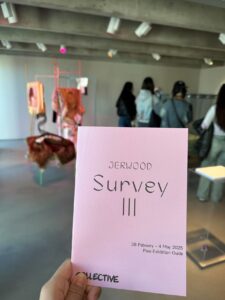
Our group visit to the Jerwood Survey III exhibition at Collective (City Dome, Hillside Gallery, and the Library) offered timely and valuable curatorial insights. This touring exhibition features new commissions by 10 early-career UK-based artists and explores urgent themes such as gender, mythology, ritual, ecology, and spirituality.
One particular piece—a mirrored bust catching rotating beams of light—left a deep impression on me. The sculpture’s flickering surface seemed to fragment and reassemble the human face, presenting a poetic visual of identity and transience. This resonates closely with the conceptual language of Vanishing Existence.
The choice of Calton Hill as the exhibition site was also illuminating. With its panoramic views and symbolic elevation, the location offered a natural detachment from urban rhythm, preparing visitors to enter a more reflective state of mind. I began to think more carefully about the relationship between site and memory: perhaps I could initiate Vanishing Existence with a walking ritual from a nearby graveyard (such as Greyfriars or Calton Burial Ground) leading to the exhibition entrance, using sound, scent, and subtle signage as part of the experience.
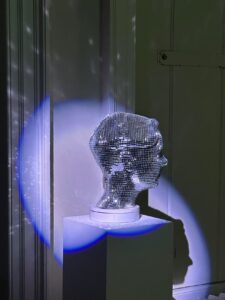
Part 3: Collective Design, Individual Precision
This week’s budgeting workshop helped me understand that curating is as much about logistical articulation as it is about visual narrative. Every number on the spreadsheet leads to a curatorial decision:
-
What kind of audience engagement do I prioritize?
-
What materials and media speak most effectively for the theme of loss, transition, and temporality?
-
Which elements are truly irreplaceable?
By protecting the VR experience in the final plan, I reaffirmed that digital environments still offer unique emotional entry points into the narrative of disappearance and memory. However, I’ve also realized that the power of this exhibition doesn’t lie in spectacle—it lies in accumulated resonance: in handwritten memories, interactive feedback cards, scent fragments, and immersive stillness.
References (Chicago Style)
-
Collective Edinburgh. Jerwood Survey III Exhibition Guide. Accessed April 5, 2025. https://www.collective-edinburgh.art/programme/jerwood-survey-iii
-
“Budget Framework’s Tips for Mind Map.” Group Planning Document, Week 11, April 2025.
-
“Curatorial Budget Workshop.” Week 11 Team Notes.
-
Fieldnotes from Group Visit to Calton Hill, April 3, 2025.
